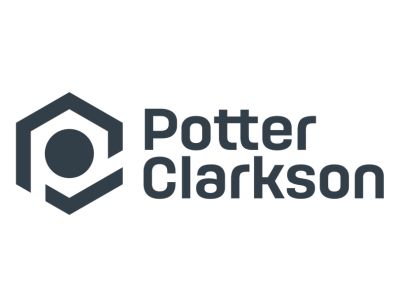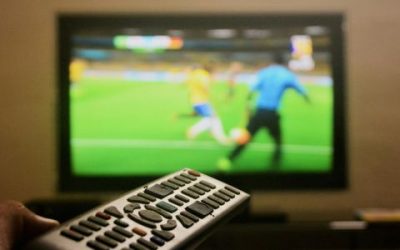It has been a big month for generative AI-related copyright litigation, culminating in news that authors have issued class action litigation against Nvidia, on the basis that Nvidia’s NeMo platform was trained on a dataset that included copyright works. Further afield, however, the first judgment on the infringement of copyright works by generative AI has been handed down in China.
The Guangzhou Internet Court reportedly found that a generative AI platform had infringed rights owned by Tsuburaya Productions, the owner of copyright relating to the Japanese sci-fi franchise Ultraman. Details of the dispute are fairly scarce. However, and particularly relevantly to ongoing disputes elsewhere in the world, the infringement finding did not appear to be based simply on the training of the AI on Ultraman images; core to the finding was the fact that the AI output images highly similar to those in which Tsuburaya owned rights. In other words, this finding does not necessarily go to assertions of infringement in relation to training data alone, absent the AI in question also producing infringing outputs.
This does not necessarily restrict the scope of the finding too significantly. Research has shown that many generative AIs will, in response to appropriate prompting, generate outputs highly similar to those in which a third party owns copyright. In all likelihood, if an AI has been trained on copyright material, there will be a way of making that AI output something similar to copyright material.
Indeed, one of the findings of the Guangzhou Internet Court was that the AI in question had to implement keyword filtering designed to avoid the generation of infringing images following Ultraman-related prompts. The upshot of such a finding bears considering – it suggests that an AI may be entitled to be trained on copyright works, provided it is rendered incapable of outputting infringing works. Whether it is possible, in practice, to create such an AI remains an open question. Given the volume of data used to train such platforms, rendering them incapable of outputting infringing data may prove impossible.
The judgment also proposed that generative AIs provide something like a notice and takedown process to rights holders. Without further detail, it is difficult to establish the proposed mechanism for such a process. If the notice and takedown relate to the content of training data, it seems unlikely that once trained, a generative AI can “forget” specific parts of the data on which it was trained. Conversely, if it relates to the ability of an AI to output infringing data, this appears to place a significant burden on rights holders to monitor generative AIs.
At first glance, the judgment, in finding infringement against a generative AI, appears likely to be welcomed by rightsholders. However, the proposed remedies will concern them. The judgment appears only to affect the outputs from the generative AI, hinting that training such AIs on copyright data may be acceptable provided they do not generate similar outputs. This will be of little comfort to the creative industries; the concerns of creatives are not that generative AIs may output works similar to theirs, but that such AIs may be trained on existing creative works for free, and output competing works.
Furthermore, the notice and takedown proposal appears to envisage handling generative AIs in a similar way to the current treatment of online content-sharing platforms (e.g., YouTube or TikTok) and online marketplaces (eg Amazon and eBay). In most jurisdictions, the onus has always been on rightsholders to file takedown notices with such platforms; given the scale of infringement online, however, this is often a costly and time-consuming exercise, and infringing content generally pops up again following the takedown.
China has not traditionally been seen as a territory favorable to rightsholders and, on the one hand, rightsholders will be pleased with the infringement finding. However, they will also be concerned as to the risk of other jurisdictions taking a similar approach in relation to infringement and remedies.

Written by Mark Nichols
Senior Associate – IP Solicitor, Potter Clarkson
You may also like…
UEFA partners with Alliance for Creativity and Entertainment to enhance global anti-piracy strategy
October 21, 2025 - The Union of European Football Associations (UEFA) has officially joined the Alliance for...
EUIPO and UANIPIO welcome the integration of Ukraine’s trademarks into TMview
The European Union Intellectual Property Office (EUIPO) and the Ukrainian National Office for Intellectual Property...
Jägermeister succeeds in opposing the EU trademark application Alten Kräuterfrau for alcoholic beverages
Mast-Jägermeister SE filed an opposition on the grounds of Article 8(1)(b) – likelihood of confusion between the signs...
Contact us to write for out Newsletter













